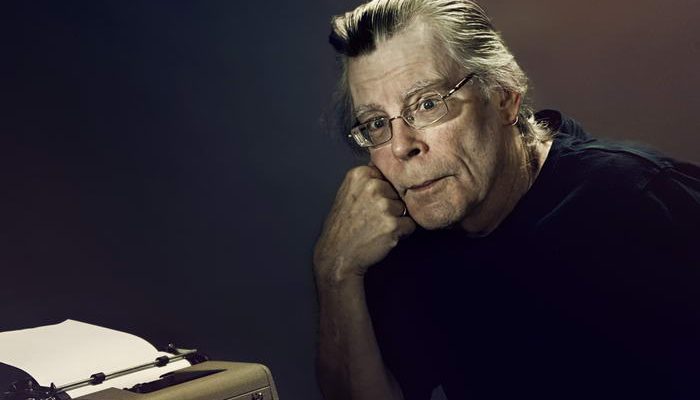Whether under the covers with a flashlight or by a roaring fire on a dark and stormy night, there’s something undeniably magnetic about the horror genre. You see, horror isn’t just about ghastly apparitions and blood-curdling screams. It’s a captivating exploration of our deepest fears, anxieties, and the uncanny unknown.
People are drawn to horror novels for a variety of reasons. For some, it’s the adrenaline rush that comes from being scared, but knowing you’re safe. It’s like riding a roller coaster – exhilarating, terrifying, but ultimately harmless. For others, horror novels are an escape from reality, a chance to experience the macabre and the grotesque without any real-world consequences.
Horror also allows us to confront and cope with our fears in a controlled environment. Horror novelists delve into the darkest corners of our minds, shining a light on what lurks there. They give form to our nightmares, our anxieties, our dread. Through their stories, we can face our fears, understand them, and perhaps even conquer them.
But who are the masterminds spinning these sinister tales? Who are the horror authors who’ve kept us wide-eyed into the night? Let’s turn the pages and dig into the lives of the most influential horror authors of our time.
10 – H.P. Lovecraft
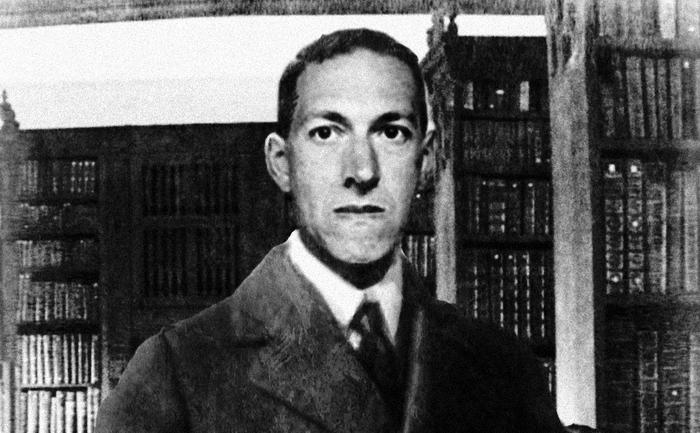
Works: The Call of Cthulhu, Herbert West- Reanimator, The Lurking Fear
There are few names in the horror genre as revered as that of H.P. Lovecraft. His tales of cosmic horror and eldritch abominations have shaped the genre in ways that still resonate today. Lovecraft wasn’t just a horror author; he was a pioneer who dared to venture into the abyss and report back what he saw.
Born in 1890, Lovecraft’s life was as unusual as the stories he wrote. His work was deeply influenced by his personal experiences and views, which are reflected in his bleak and often nihilistic world view. His most famous creation, the “Cthulhu Mythos“, features a pantheon of ancient and malevolent deities that lie dormant beneath the surface of reality.
“The Call of Cthulhu,” one of his best-known works, is a chilling descent into madness and despair. In it, a man stumbles upon a secret cult worshipping an ancient deity known as Cthulhu. It is a profound exploration of existential dread and cosmic horror, themes that would become synonymous with Lovecraft’s name.
09 – Edgar Allen Poe
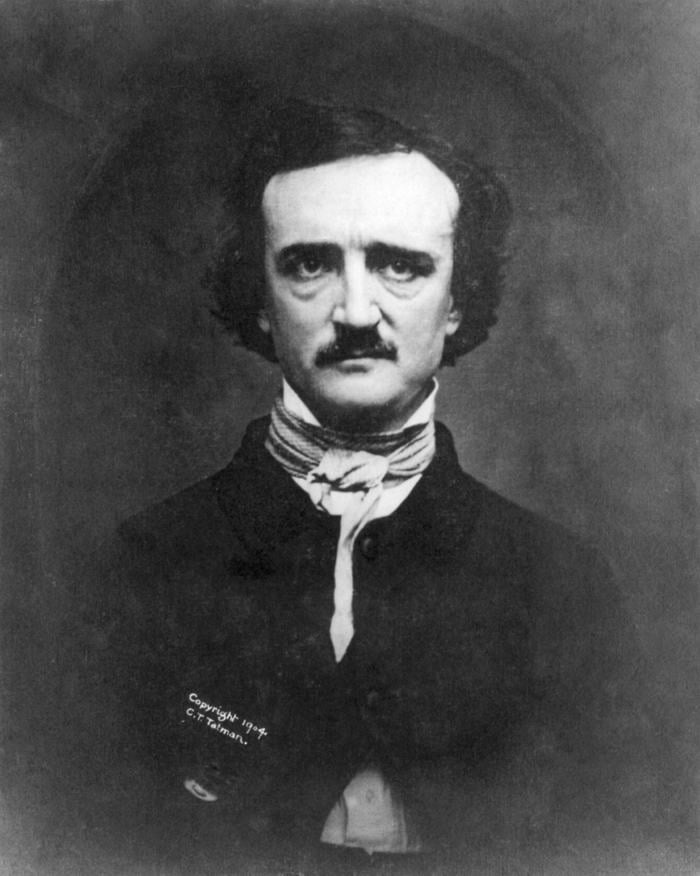
Works: The Fall of the House of Usher, The Raven, The Tell-tale Heart
Moving from cosmic horror to gothic gloom, we find ourselves in the company of another titan of the genre – Edgar Allen Poe. A master of the macabre, Poe’s work drips with dread, melancholy, and a haunting beauty that remains unrivaled.
Though known for his poems, such as “The Raven,” Poe was also a prolific writer of short stories. His story “The Tell-Tale Heart,” is a harrowing exploration of guilt and paranoia, while “The Fall of the House of Usher,” delves into decay and madness, both physical and psychological.
Poe had an extraordinary knack for creating an atmosphere of gothic horror and suspense. His stories often feature unreliable narrators, adding another layer of uncertainty and dread to his already dark tales. For anyone aspiring to be a horror writer, Poe’s work is a masterclass in creating tension and fear.
08 – Mary Shelley
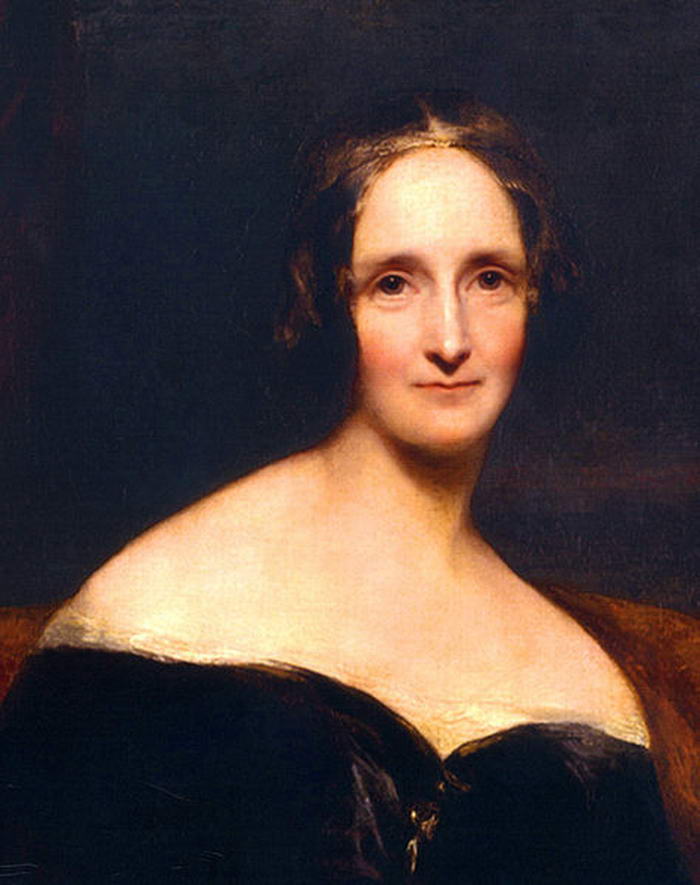
Turning back the pages of history a bit further, we arrive at the birth of science fiction horror – Mary Shelley’s “Frankenstein.” Shelley was not only a famous horror author but also a trailblazer for women writers in a male-dominated field.
“Frankenstein,” Shelley’s most famous work, tells the tragic tale of a man and his creation. It’s a narrative rich in gothic horror, romanticism, and questions about science, nature, and what it truly means to be human.
Shelley was just 18 when she began writing “Frankenstein,” during a summer stay in Switzerland. The novel’s influence on both the horror and science fiction genres cannot be overstated. It gave us one of the most enduring monsters in literature and sparked conversations about the ethical implications of scientific progress.
07 – Anne Rice
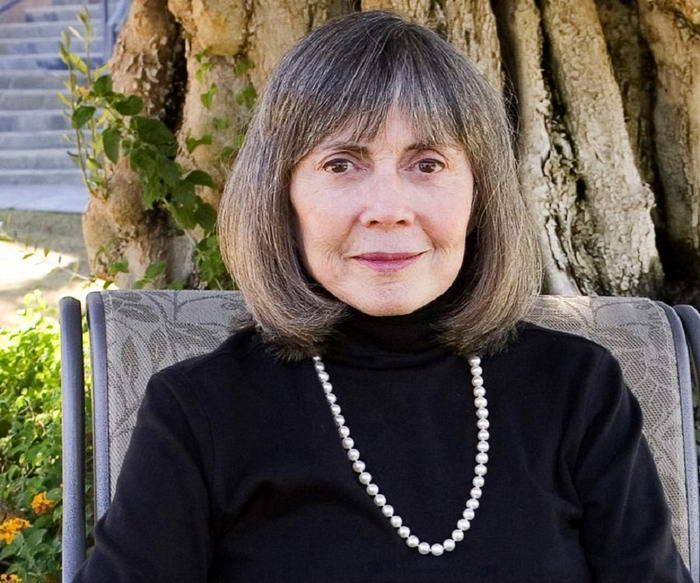
Works: Interview with the Vampire, The Queen of the Damned, Prince Lestat
The Gothic South rises with haunting elegance in the works of Anne Rice, a horror author who revolutionized vampire fiction. Leaving behind the old myths and tropes, Rice introduced readers to the sensual and philosophical world of her immortal creatures.
“Interview with the Vampire,” Rice’s most famous book, opened the door to a lavish, dark universe. Its protagonist, the tormented vampire Louis, grapples with existential questions while recounting his long, bloody history. Rice’s vampire novels, collectively known as “The Vampire Chronicles,” stand apart for their emotional depth and literary sophistication.
Her characters are more than monsters; they’re conflicted beings with rich inner lives, yearning for connection and grappling with eternity. In Rice’s world, horror arises as much from the existential dread of her characters as from their supernatural deeds.
06 – Richard Matheson
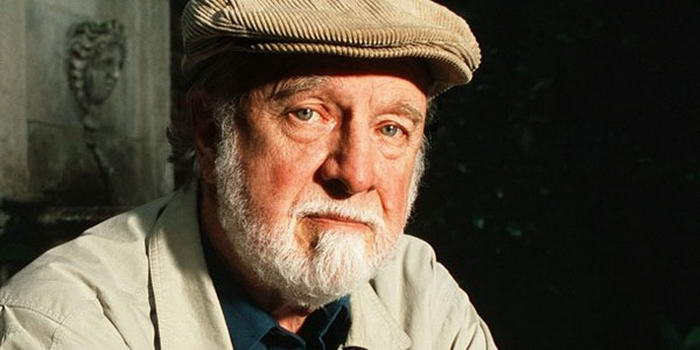
Works: I am Legend, Hell House, The Shrinking Man
Moving from vampires to a variety of other ghastly threats, we find the versatile Richard Matheson. As a horror writer, Matheson demonstrated an uncanny ability to instill ordinary settings and situations with a deep sense of unease.
One of Matheson’s best-known novels, “I Am Legend,” blends horror and science fiction to present a post-apocalyptic world overrun by vampires. It is a chilling exploration of isolation, survival, and the human condition. Another, “Hell House,” is a haunted house story par excellence, suffused with chilling atmosphere and psychological horror.
Matheson’s writing was a vital influence on a host of other famous horror authors, including Stephen King. His stories masterfully escalate ordinary situations into realms of nightmare, proving that horror can lurk in the most unexpected places.
05 – Jack Ketchum
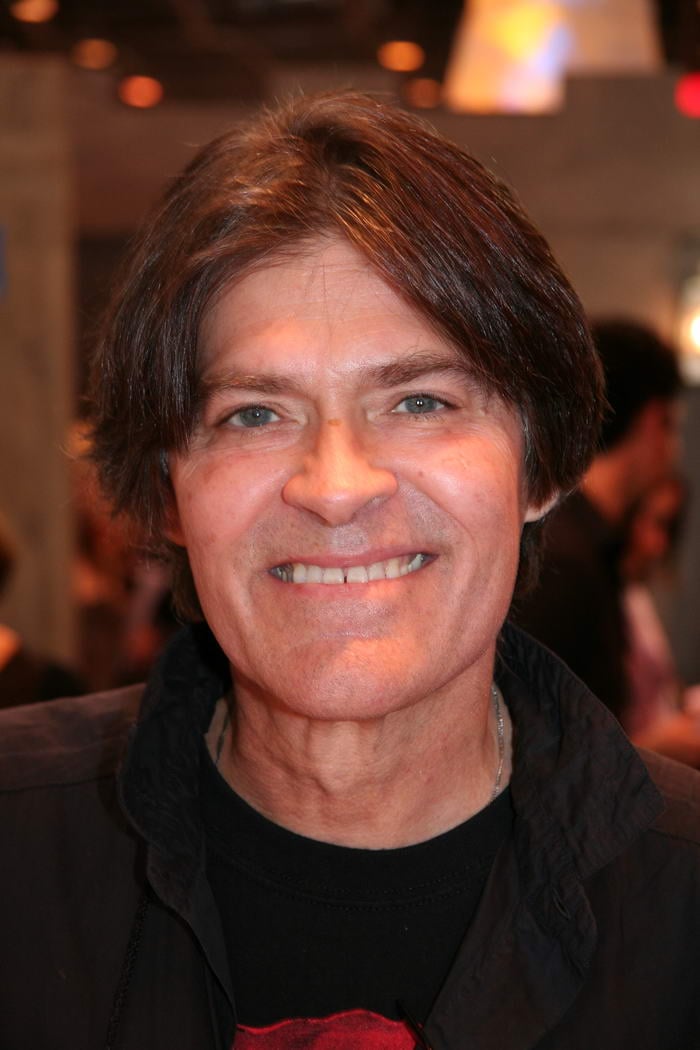
A different kind of horror emerges in the work of Jack Ketchum, an author who fearlessly pushed the genre’s boundaries. Ketchum’s horror is deeply human and unsettlingly plausible, often arising from the darkest corners of human behavior.
His novel, “Off Season,” courted controversy upon its release due to its graphic violence. Yet, beneath the shocking exterior, Ketchum examines the thin veneer of civilization and what happens when it’s stripped away.
“The Girl Next Door” is another powerful novel by Ketchum, based on a true crime. Here, the real horror lies not in supernatural creatures or catastrophic events, but in the capacity for cruelty that lurks within ordinary people. Ketchum’s work serves as a grim reminder that monsters dwell not only in the shadows but in the human heart itself.
04 – Clive Barker
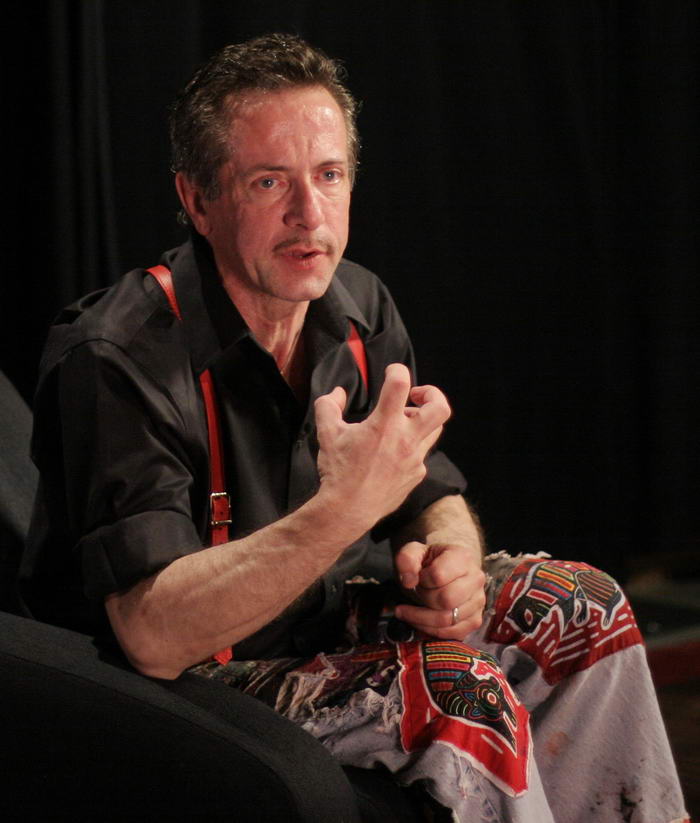
Stepping into the realm of Clive Barker is entering a world where fantasy and horror collide, creating tapestries of supernatural dread and dark enchantment. Barker, a versatile horror writer, has gifted us with a diverse array of chilling narratives that shatter the boundaries of the imagination.
His novel, “The Hellbound Heart,” introduced the world to the labyrinthine horrors of the Cenobites, grotesque beings offering an unholy mix of pleasure and pain. This creation became a cultural phenomenon, spawning the iconic “Hellraiser” film franchise.
Barker’s “Books of Blood” is another notable collection, weaving together intricate stories that explore the darkest corners of human nature and the terrifying unknown. His uniquely imaginative take on the genre creates a horror author experience that’s as intellectually engaging as it is spine-chilling.
03 – Shirley Jackson
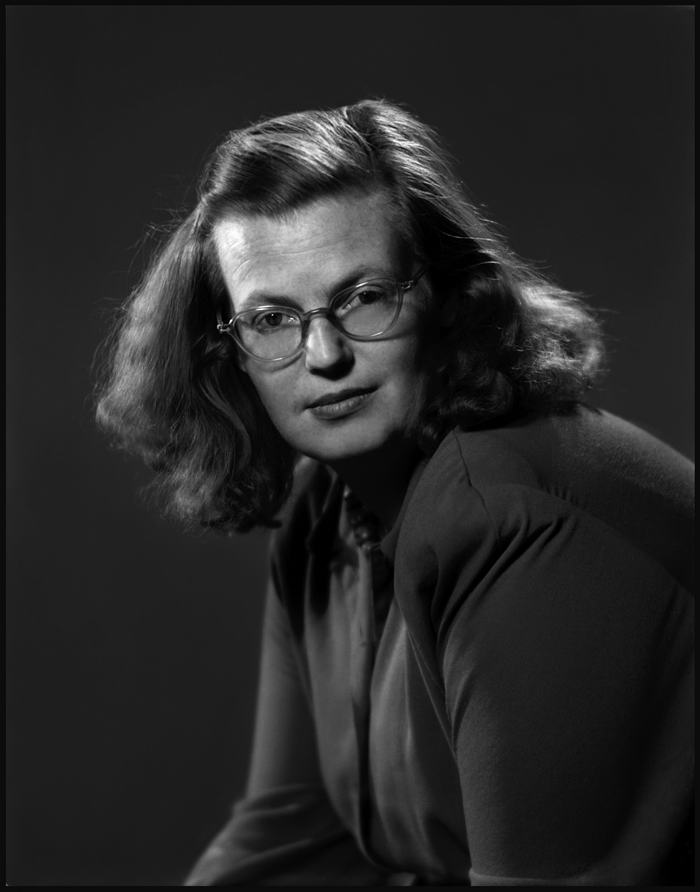
Works: The Lottery, The Haunting of Hill House, The Sundial
Shirley Jackson, a master of psychological horror, wielded her pen to craft narratives that delve into the shadowy depths of the human psyche. Her stories, brimming with dread and unease, subtly unmask the macabre lurking within the mundane.
Her renowned novel, “The Haunting of Hill House,” is a cornerstone of haunted house literature, skillfully blending the psychological with the supernatural. Jackson’s knack for creating an oppressive atmosphere of terror is unrivaled, as she leaves readers questioning the reliability of their own perceptions.
“The Lottery,” her infamous short story, is a chilling exploration of the horrors that can lurk beneath the surface of a seemingly idyllic community. Jackson’s work proves that the most disturbing horrors are often those hidden within the human mind and society.
02 – Bram Stoker
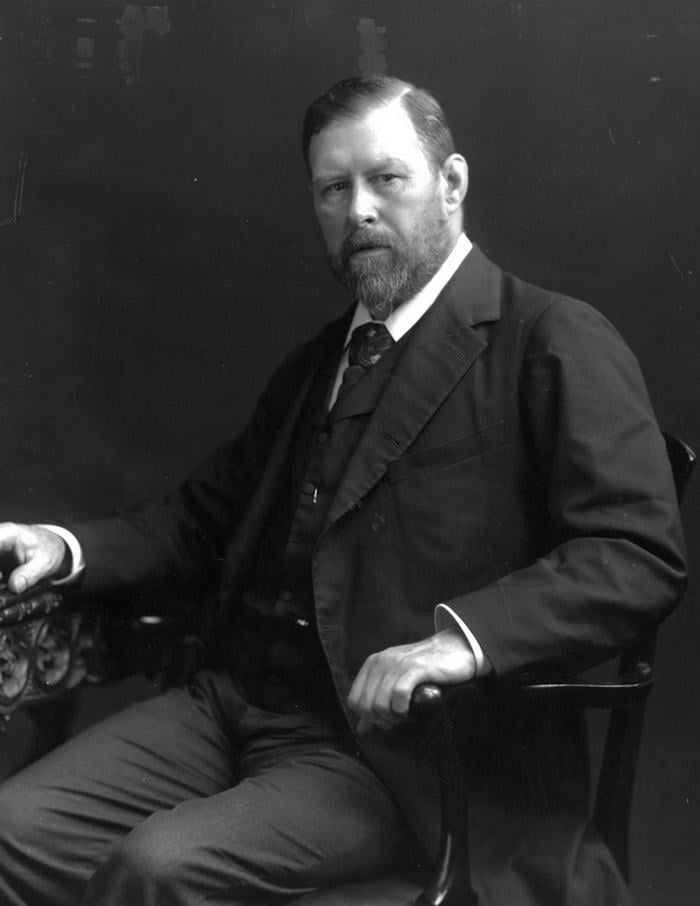
Our journey through the annals of horror novelists brings us to Bram Stoker, a name synonymous with the genre’s most iconic creature – the vampire. Stoker’s “Dracula” is a masterpiece of suspense and dread, forever embedding the Count in popular culture.
The Irish novelist’s timeless tale is an intoxicating blend of sexuality, terror, and Gothic romance. Dracula’s haunting presence and the courageous fight of his adversaries form a gripping narrative that continues to capture readers’ imaginations.
Stoker’s ingenious use of diary entries, letters, and newspaper clippings to tell his tale adds a chilling layer of realism to the otherworldly horror. His contribution to the genre continues to shape the way we imagine and understand vampires, demonstrating the enduring power of a well-spun horror story.
01 – Stephen King
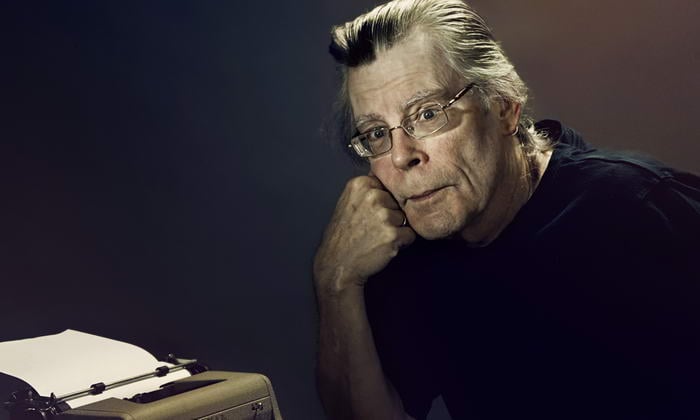
Works: The Shining, Carrie, Misery
When we talk about the titans of terror, the list remains incomplete without the mention of Stephen King, an undisputed maestro of modern horror. His richly textured narratives teeming with complex characters and twisted plots have cemented his place among the best horror novelists.
King’s prolific career boasts a long list of spine-chilling titles. Among them, “The Shining” stands tall, a bone-chilling tale set in an isolated hotel that delves into madness and the supernatural. The chilling image of the Overlook Hotel is ingrained in the minds of countless readers, a testament to King’s unparalleled storytelling.
“IT,” another masterpiece, masterfully interweaves childhood trauma with the lurking horror of a shape-shifting entity haunting a small town. King’s unique talent lies in his ability to imbue everyday life with a pervasive sense of dread, creating an uncanny world where nightmares lurk just beneath the surface of reality.
In concluding our exploration of the most influential horror authors, it’s clear that these authors’ gift for evoking fear and suspense transcends mere entertainment. Their works probe the dark corners of the human psyche, reflecting our deepest fears back at us and challenging us to confront them head-on. The legacy of their stories continues to shape and inspire the genre, proving that the thrill of a good scare is indeed timeless.


